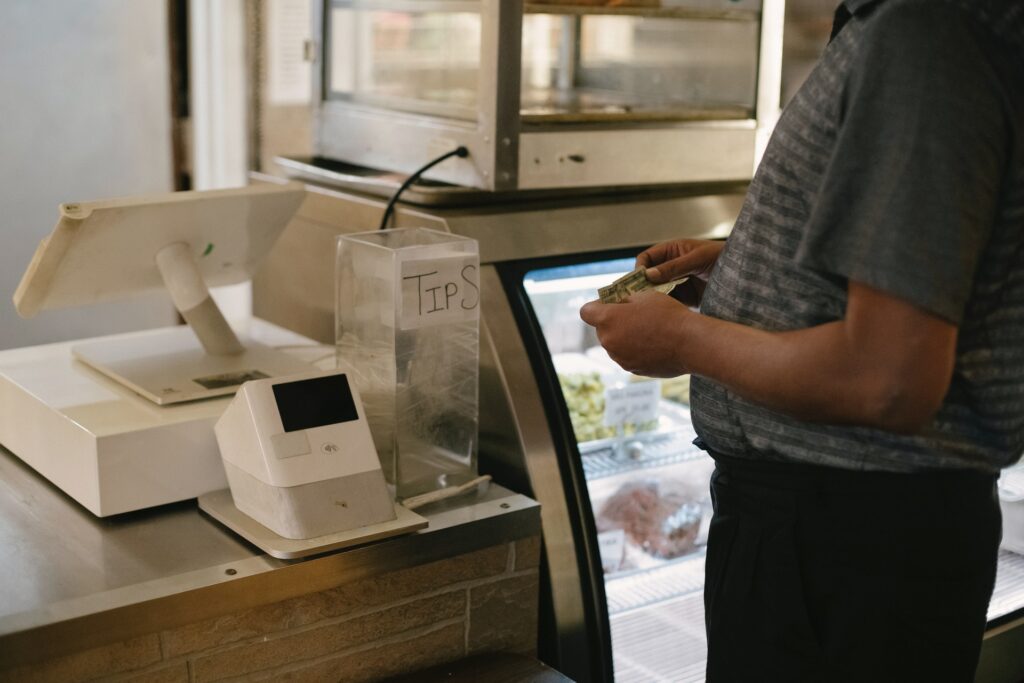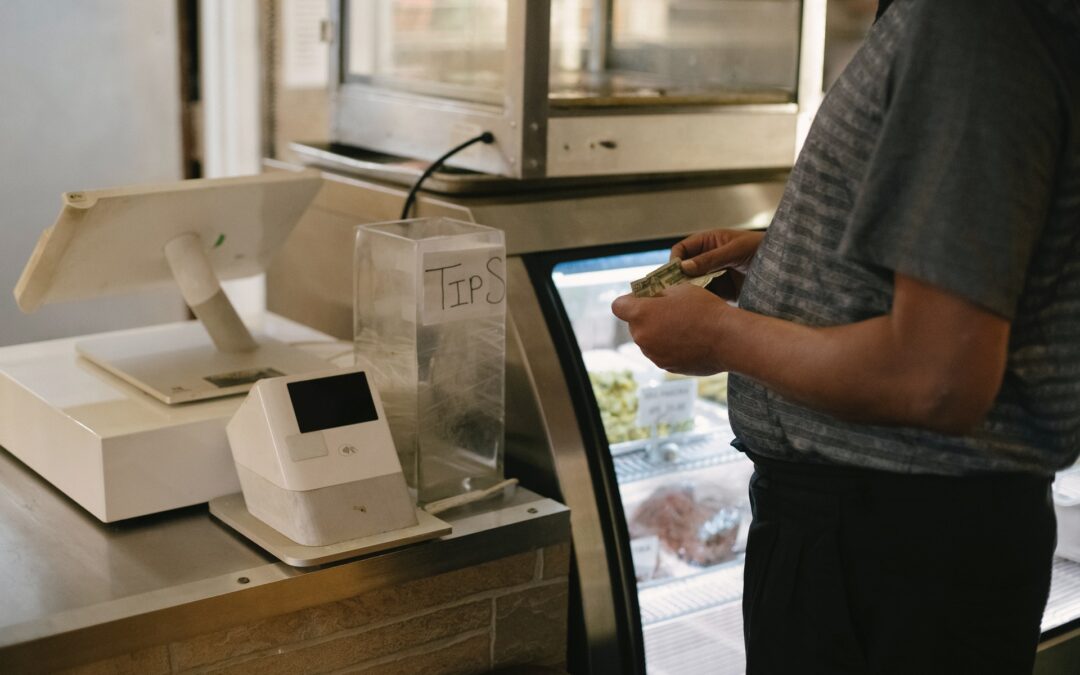If you’re a business owner who accepted aid, like PPP, during the global pandemic, you may be wondering if that business aid is taxable. The last two years have required businesses of all kinds to turn to government assistance due to the economic hardship created by the COVID-19 pandemic.

While some of the aid available came without strings attached, some require repayment or tax payments. Here’s what you need to know about paying taxes on everything from COVID grant money to small business loans.
Is PPP Taxable?
One of the earliest forms of relief created in response to the covid-19 pandemic were Paycheck Protection Program loans. These loans were provided to help businesses struggling to pay their employees and to cover their expenses due to the pandemic.
Is the PPP taxable? No, the Paycheck Protection Program loans are not taxable. However, some business owners may need to report their loan when they file their taxes. Typically, this is required if the loan was forgiven or for businesses filing a Schedule C form.
Is the Employee Retention Credit Taxable?
For businesses who fully or partially closed due to government mandates from Covid-19 guidelines, additional relief is available. For qualifying businesses, the Employee Retention Credit actually refunds a portion of 2020 and 2021 payroll expenses.
This specific credit isn’t taxable because it doesn’t count toward gross income. However, be aware that it does reduce the amount of expenses one can report on their tax returns.
Are SBA Loans Taxable?
If you secured funding from the Small Business Administration in the form of a loan, you probably already know that the SBA contributes a portion of the loan while the rest is funded by a traditional lender. One specific SBA loan to pay attention to is the Economic Injury Disaster Loan, which was created specifically for businesses facing economic hardship because of the Covid-19 pandemic.
These loans are not taxable because they are not included in the taxable income of your business. In most cases, recipients of SBA loans can also deduct any interest payments they make as a business expense.
Is the SBA Grant Taxable?
Along with small business loans, the federal government also provides grants to small businesses. Under the CARES Act, these grants provide additional funding to businesses who are struggling because of the economic hardship created by the covid-19 pandemic.
Is the SBA grant taxable? Yes. While these grants do not need to be repaid, they are considered income by the IRS. Because of this, recipients must report these grants when they file their taxes and pay the appropriate taxes on the grants they’ve received.
Is Money Received From the American Rescue Plan Taxable?
An additional tax credit made available during the COVID-19 pandemic as part of the American Rescue Plan is the paid leave tax credit. This money is available to business owners who were required to provide paid leave to employees because of the pandemic.
Since the paid leave tax credit isn’t income but a credit taken on your tax return, it is not taxable income. You will not need to pay taxes on this credit.
Wondering if more aid is available to your small business, the team at ClaimYourAid can help you get started.
Click here to schedule your free consultation with a member of the ClaimYourAid team to find out if your business qualifies for government grants, credits, or refunds.

